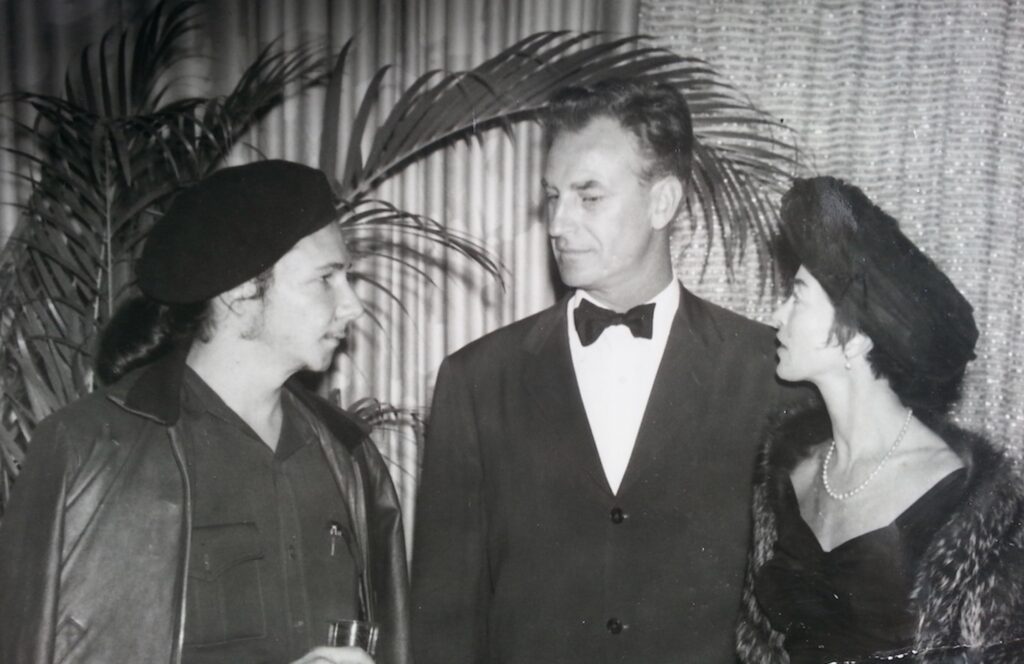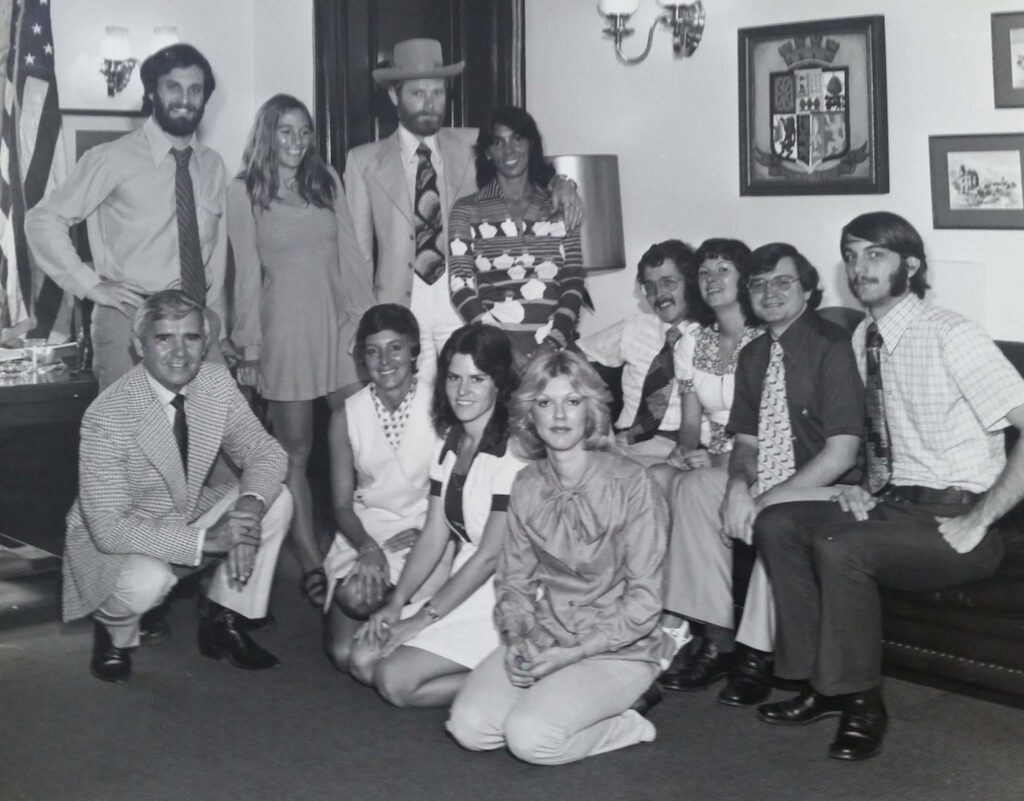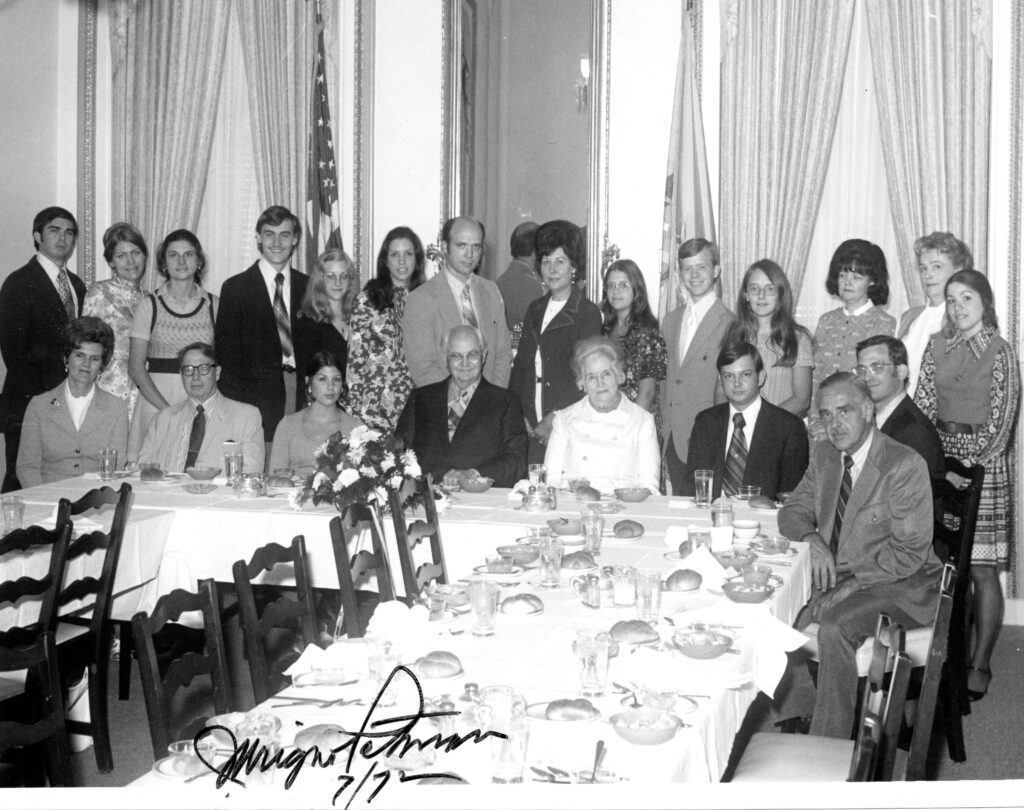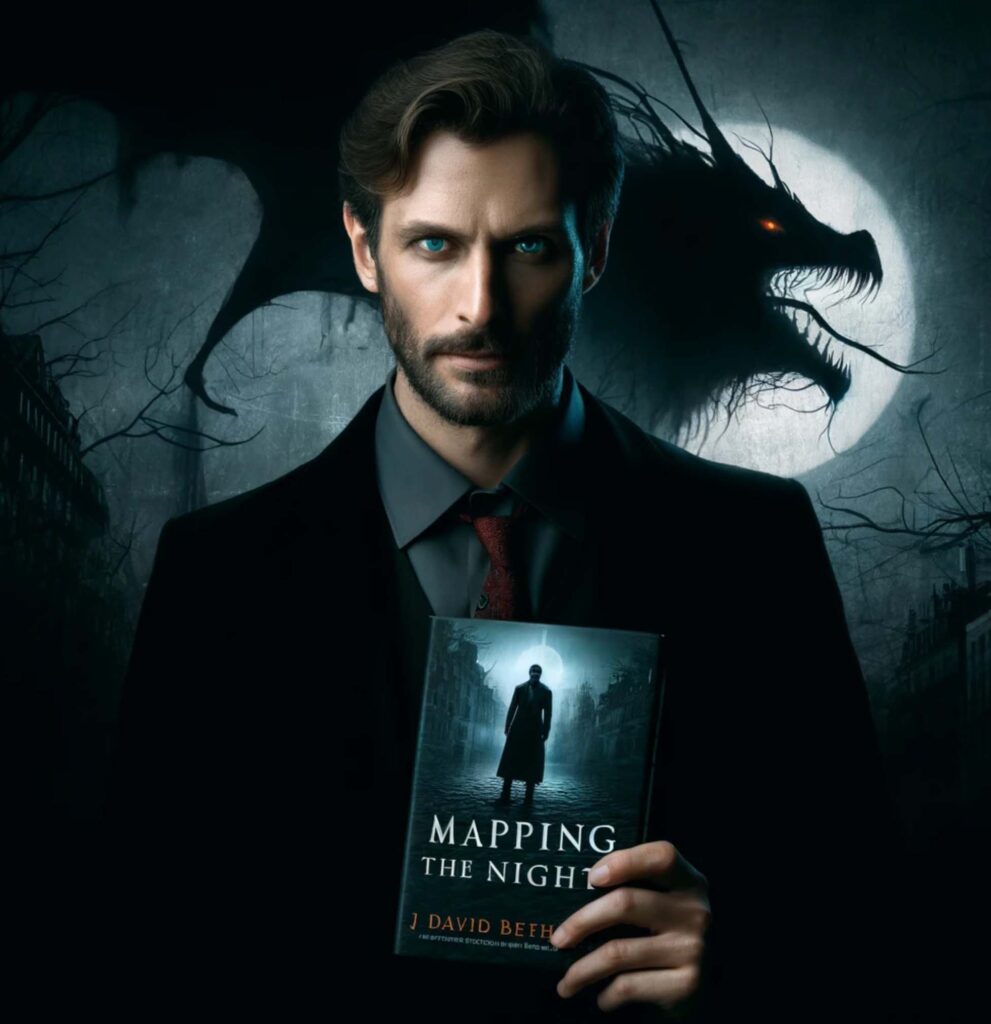Meeting a Dictator David Bethel’s fascination with the psychological depths of the human mind began at an early age. As the son of a U.S. State Department Foreign Service Officer stationed in Cuba, an 11-year-old Bethel had a memorable encounter with Fidel Castro just after the Cuban Revolution.
“Castro was a tall guy. I mean, he must have been six two or so, which impressed me because my dad was very big,” Bethel recounted. “Castro noticed [my fascination with his gun] and looks over at me and smiles… While they’re having their discussion, I’m just fascinated by this weapon.”

But the meeting took a dark turn when an American reporter pressed Castro on a sensitive topic. “A whole change came over Castro,” Bethel recalled. “The shark eyes and the whole demeanor… even a young boy like myself noticed it and was a little bit frightened by it. That was my first experience with this kind of personality, where you have a complete change.”
Bethel and I delved into the minds and motivations of serial killers on the True Crime Reporter® Podcast, drawing on Bethel’s extensive research and unique insights.
Blurring Fact and Fiction
This early brush with a mercurial persona laid the groundwork for Bethel’s unique approach to crime fiction, which draws heavily from real-life cases. His novels, though fictitious, are deeply rooted in authentic details from actual crimes.
“You might be referring to Wretched, which is a book I did about a man named Ken Rex McElroy, who was a bully in a small town in Missouri,” Bethel explained. “Finally, one day, the people had enough, and they surrounded his truck when he was in town and murdered him vigilante style.”
Bethel masterfully weaves together elements from multiple true crime stories, as he did in Wretched by combining the McElroy case with the disappearances of eight women in Louisiana. “I took these two bits of true stories, put them together, and produced the novel,” he said.
Into the Mind of a Killer
In his latest thriller, Mapping the Night, Bethel delves into the psyche of a serial killer targeting women with young sons. The novel’s inception came from a haunting New York Times article about police discovering a young boy trying to revive his deceased mother with ice.
“The killer, when they finally caught him, was a serial killer, who had targeted women with young boys,” Bethel said. “I turned my character of that person who was named Gregory Fleetwood into a mission serial killer… And his intent [is] on saving people from something.”
Through fiction, Bethel seeks to shed light on the ‘why’ behind these heinous crimes. “I wanted to put myself in the novel with these characters to have an explanation for the reader of why,” he explained. “I go into great detail in the novel in how he ended up being the way he was, why he was the way he is or was, and how he got there.”
However, John Douglas, the renowned FBI profiler who pioneered the field of criminal profiling, once said, “If you think you’re going to work in this field and understand these people, then you need help. The only thing you can do is get them off the street.”
Inspired by Politics
Drawing from his 35 years working on Capitol Hill, Bethel weaves political intrigue into his stories, influenced by his work in the heart of American politics.


Interestingly, Bethel’s career intersected with mine when I worked for Wright Patman, the powerful Congressman who launched the first Watergate investigation.
Separating Darkness from Light
Immersing oneself in the minds of killers risks taking a psychological toll, but Bethel has found ways to prevent the darkness from seeping into his own life.
“When I’m researching it, and I realized that I’m researching situations that are real human beings, that are real victims, that’s troubling,” he admitted. “But when I’m writing, I can separate that. I can say this is a story I’m making stuff up, and I can walk away from it.”
Through his fictional explorations of real-life horrors, David Bethel invites readers to confront the unsettling truth that monsters walk among us, hidden behind masks of normalcy – and to ponder what makes them tick.


